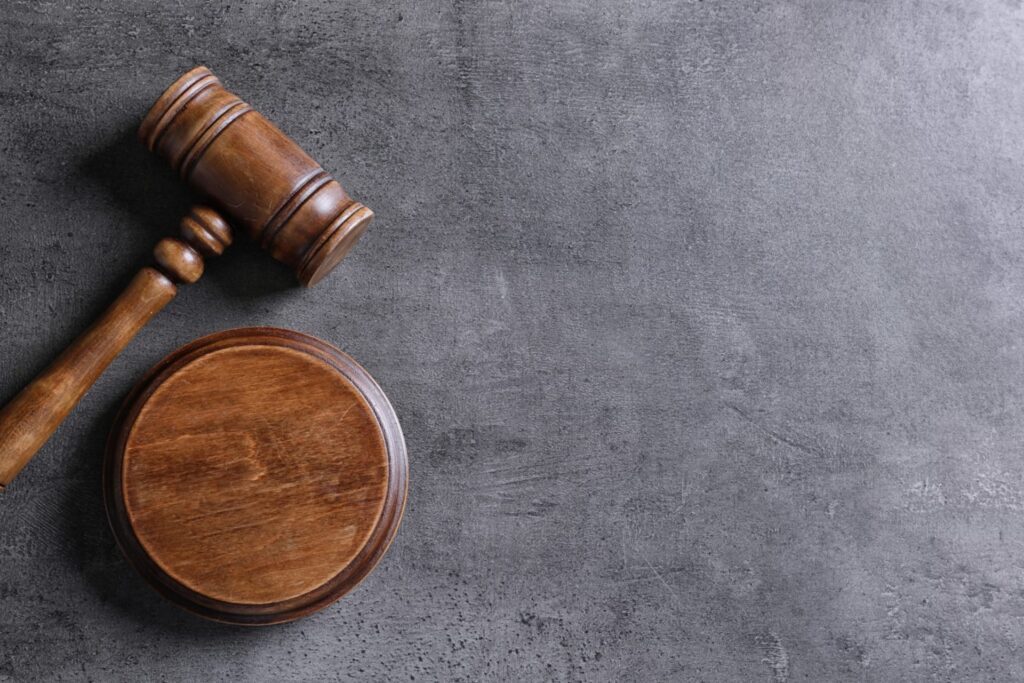The Supreme Court caseCarpenter v. U.S.is shaping up to be one of the most important criminal cases in years. On November 29,the Court heard oral arguments from both sides, providing important insight into how they would rule on the case.
Here’s how the Justices on the Court seem to be leaning.
Justice Sotomayor
Out of all of the Justices on the Court, Justice Sotomayor islikely the easiest to read. She has voiced her displeasure with thethird party doctrinein a 2012 case,U.S. v. Jones, which did not even implicate the doctrine directly.
It would be a shock to see her vote for the prosecution inCarpenter,which is a quintessential third party doctrine case. Nothing in the oral arguments suggested anything otherwise.
Justice Gorsuch
Justice Gorsuch seems to be leaning towards the defense, as well. He asked pointed questions during oral argument that suggested he was seeing the cell phone records as, at least partially, the property of the person carrying the cell phone. If the records are property of the cell phone holder, then theFourth Amendment’sprotections of someone’s “papers and effects” apply to those records. This would require thepolice to get a warrantin order to conduct a search, which the police inCarpenterdid not do.
This idea follows in the Court’s decision inU.S. v. Jones, which stressed that the Fourth Amendment protects not just someone’s privacy, but their property, as well.
Justice Roberts
Justice Roberts seems to be following Gorsuch’s lines of thinking. Roberts even characterized cell phone records as “joint ventures,” created by both the cell phone provider and the customer, giving the customer – in this case, Mr. Carpenter – a property interest in them.
Roberts, however, also takes a thought from Sotomayor’s book, as well. According to Roberts, “you really don’t have a choice these days if you want to have a cell phone.” Their practical necessity, as Sotomayor has stressed sinceJones,together with the third party doctrine allowing police to access information voluntarily given to a third party without a warrant, has essentially allowed police to track anyone and everyone. Sotomayor has pushed the Court to step in and stop this from happening. Roberts might be agreeing with her.
Justices Kagan, Ginsburg, Alito, and Breyer
InU.S. v. Jones,these four Justices joined an opinion that agreed with the Court’s final ruling, but disagreed with how it got there. It seems that, to them, the Fourth Amendment protects privacy, not property. Therefore, whether cell phone records are “joint ventures” that implicate someone’s property rights is irrelevant.
Instead, these Justices think that the proper focus is on how much the police infringed on someone’sprivacy. They thought that putting a GPS device on a suspect’s car for 28 days was too much, and therefore infringed on the Fourth Amendment. Police inCarpenter, however,used cell phone information that tracked a suspect’s every movement – not just the movement of his car – for 127 days.
If their opinions haven’t radically changed since 2012, whenJoneswas decided, these four Justices should stick together and side with the defense inCarpenter, as well.
Justice Kennedy
Out of all of the Justices, Kennedy seems to side with the prosecution the most. According to him, everyone knows that cell phone companies track their cell phones. “If I know it, everybody does,” he said during oral argument. Under this line of reasoning, if you know your cell phone is tracking you, then you can’t expect your location to be kept private if you’re carrying your phone. Without thisexpectation of privacy, the Fourth Amendment’s protections don’t apply.
Of course, Kennedy is wrong, here. According toone of the amicus briefs filed for the defense, only26.5% of people were even generally aware that their phones track their location. Whether this amicus brief changes Kennedy’s viewpoint, or if he’s even read it, yet, is unclear.
Justice Thomas
Justice Thomas isinfamous for never asking questions during oral arguments, and this one was no exception. However, Thomas has historically been far more willing to side with law enforcement than his cohorts.
Criminal Defense in Maine
William T. Bly is watching this case closely.Contact him onlineor call him at (207) 571-8146 for legal help if you’ve been charged with a crime in Maine and need the help of acriminal defense attorney.


